Land in Bali is categorized according to different colors and zones that determine the rights of the owner or the tenant, particularly in terms of construction.
Mastering the characteristics of each zone is essential in order to successfully carry out a project and avoid difficulties.
Below are a few essential informations on the different land zones and colors in Bali.
Pink color is used for touristic areas, where development is the most open. These areas are mainly located along the seashore, or in major towns.
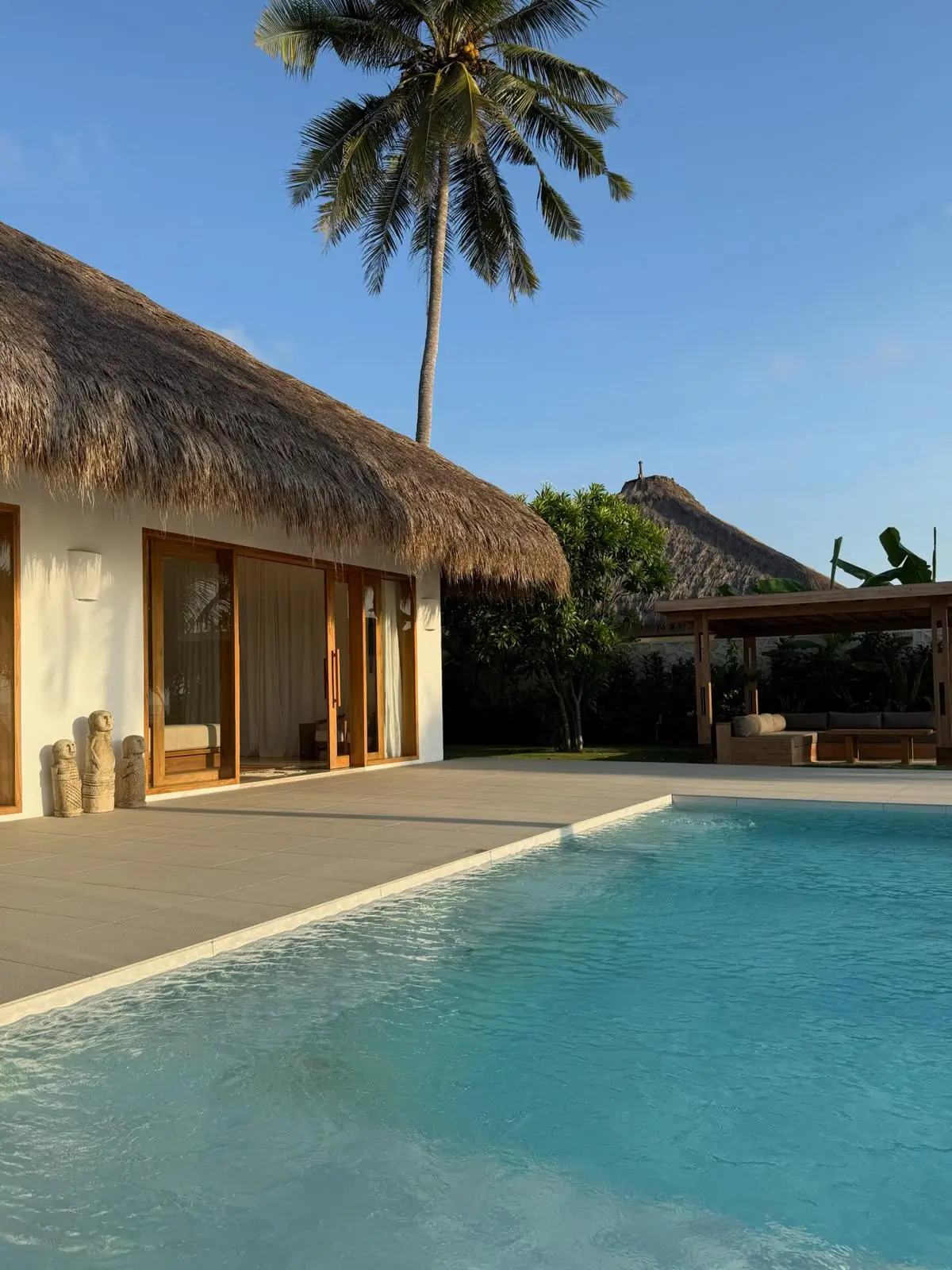
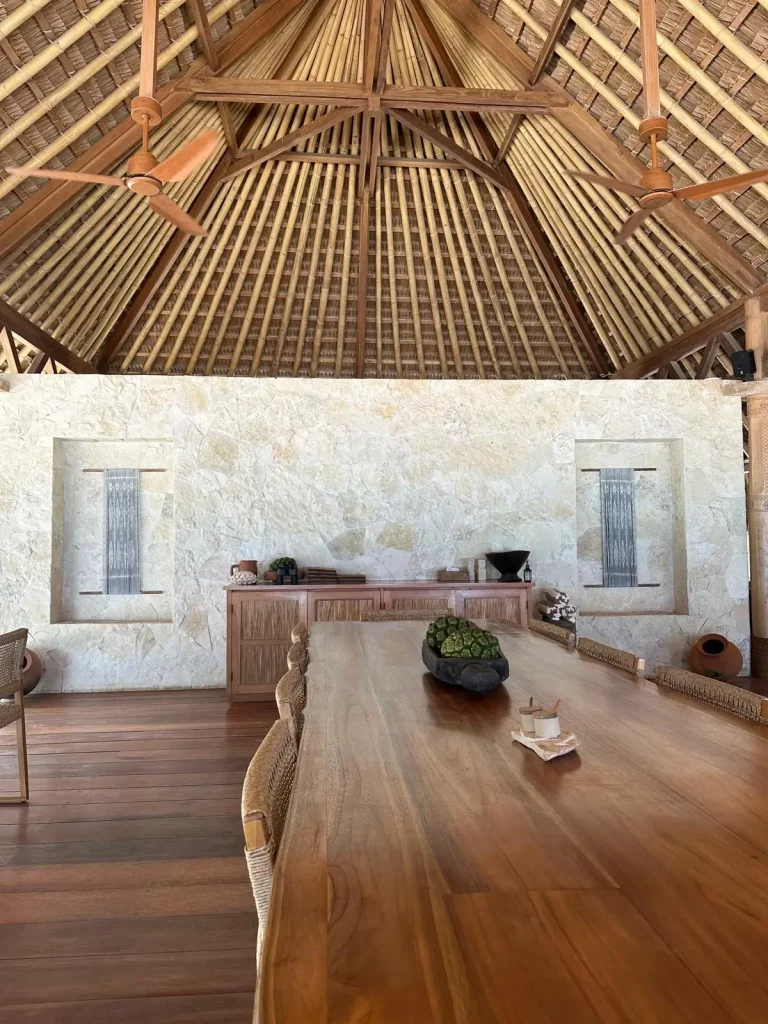
Red areas are primarily suited for commercial purposes and are mainly located along major roads. These are ideal locations for business.Hotels or villas are also allowed in red areas.
Despite that, red areas are optimal to showcase a business.
Orange areas might also be considered by investors, as building villas is allowed as well as developing businesses (not all types). Though, these are quite rare and do not match with all sorts of projects. For example, regular hotels are not allowed.
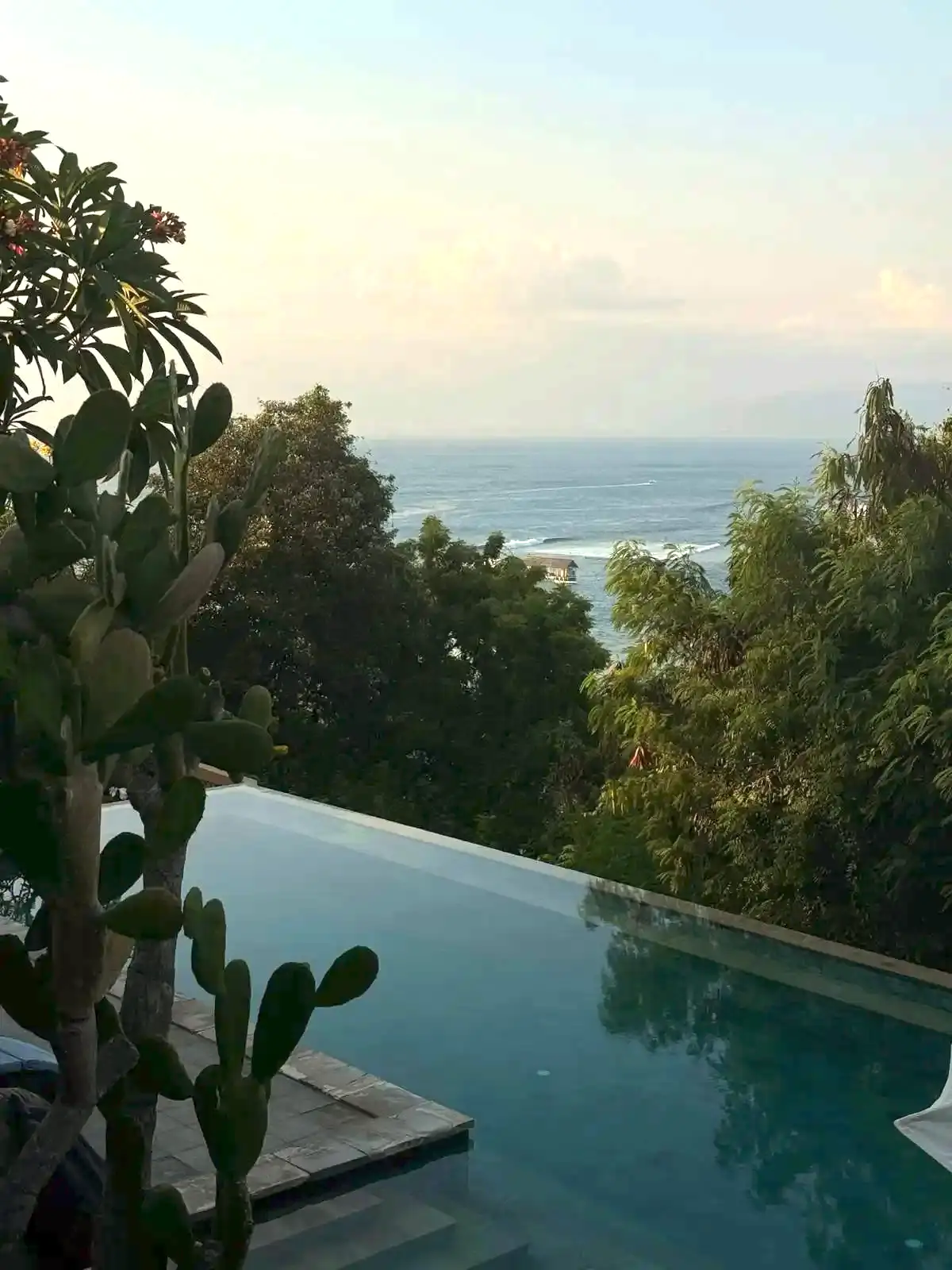
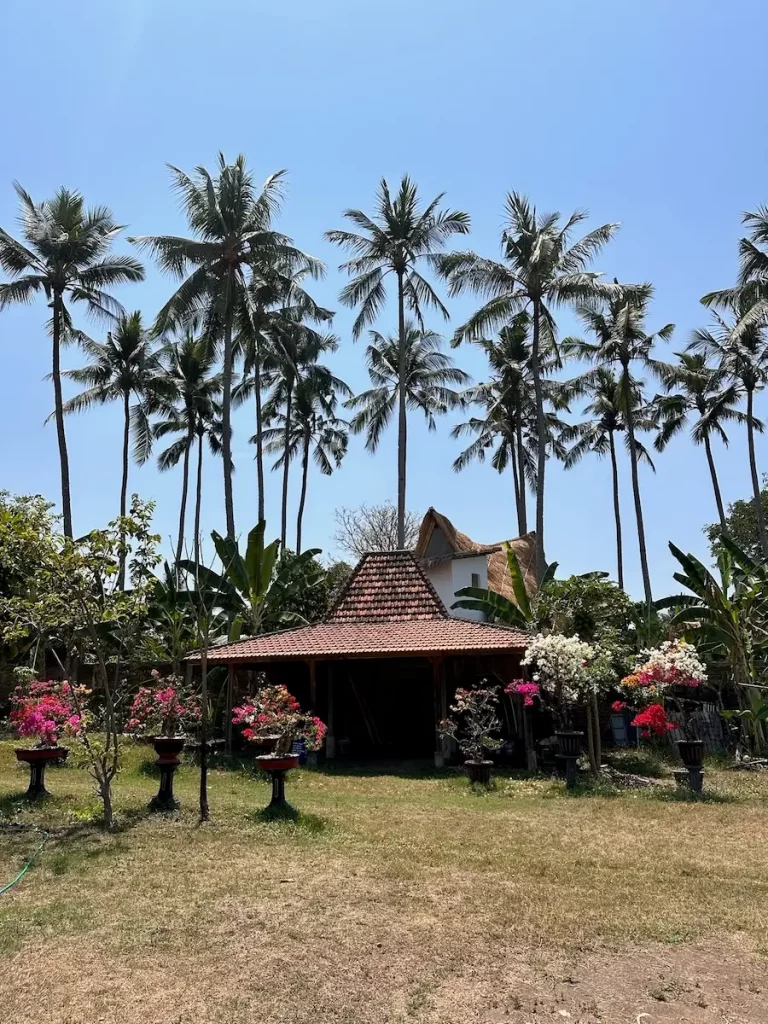
Residential areas are probably the most common ones, but only houses labelled « rumah tinggal » (literally translated as ‘dwelling house’), are allowed in these yellow areas.
Buyers must be extra careful if their project is to build a « villa » for short term rental and commercial purposes. Indeed, Indonesian law draws a clear distinction between « houses » and « villas ».
In order to build a villa and do short term rental, you will need a permit called « Pondok wisata ». And unfortunately, « Pondok wisata » cannot be granted to foreigners.
Agricultural zones are reserved for farming and of course, no projects should be considered there. Nevertheless, we regularly notice constructions in these areas, including hotels.
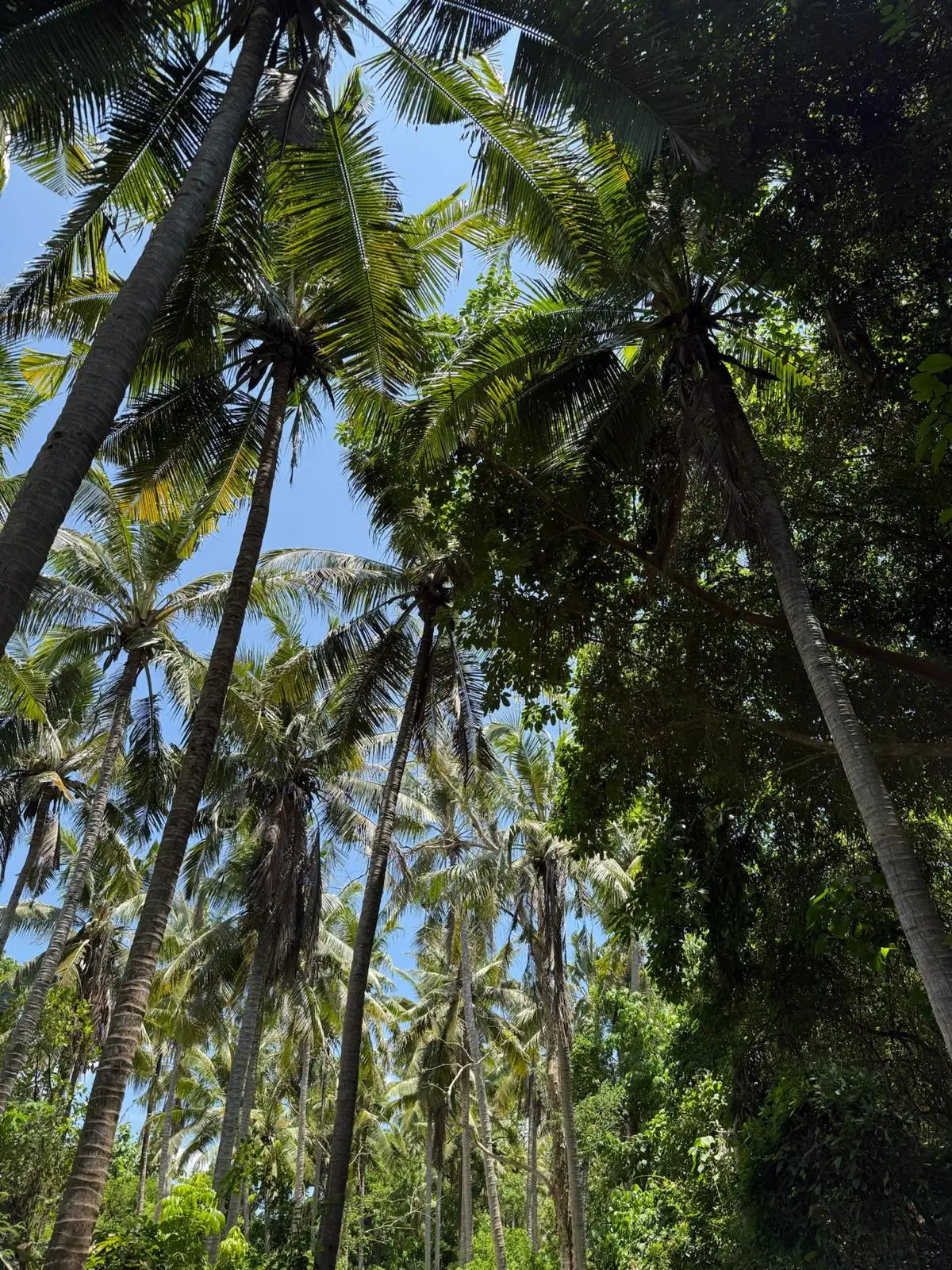
in Bali is a really technical and legal topic that requires professional support.